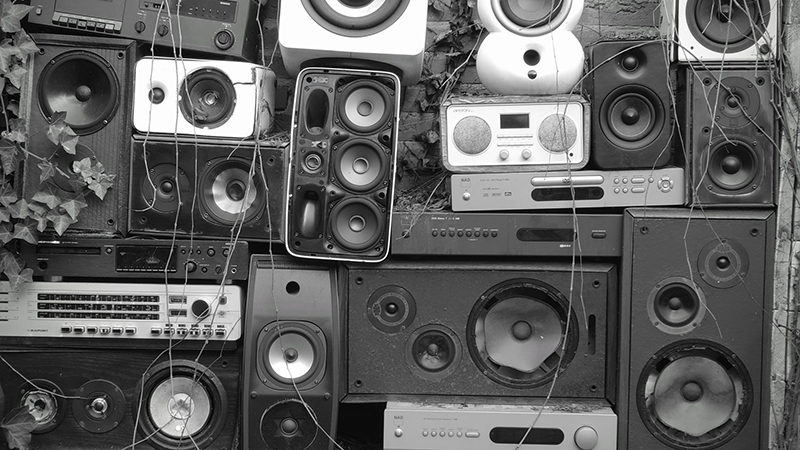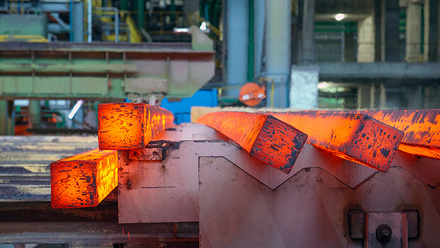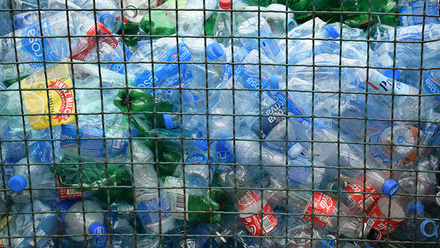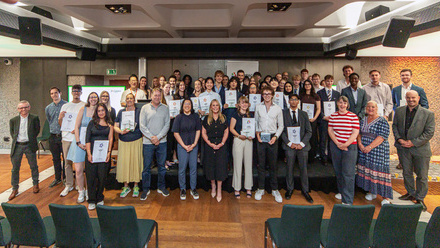Reclaiming rare earth magnets from loudspeakers
The University of Birmingham, UK, has announced the successful completion of a project demonstrating that the rare earth magnets in loudspeakers can be successfully recycled.

Loudspeakers account for approximately 20% of rare earth magnet use and represent a significant opportunity for rare earth magnet recycling, particularly in the UK, which has no domestic source of primary rare earth metals.
The Rare-Earth Extraction from Audio Products (REAP) project was led by HyProMag, a company set up by Professor Allan Walton from the School of Metallurgy and Materials with founding directors Professor Emeritus Rex Harris FIMMM, former head of the university’s Magnetic Materials Group and two Honorary Fellows. The REAP project also involved European Metal Recycling Ltd, which has a global footprint in metal recycling and sustainability.
REAP used a patented recycling technology called hydrogen recycling of magnet scrap (HPMS) that was developed within the university to extract and de-magnetise the neodymium iron boron (NdFeB) alloy powders embedded in loudspeakers from end-of-life cars and flat screen TVs. The alloy powders were then purified, and re-compacted to produce new magnets that had magnetic properties comparable to the initial starting magnet. The project also confirmed the quantity and economics of recycling loudspeaker magnets, and provides a strong platform to scale up production.
European Metal Recycling performed a comprehensive assessment of scrap, encompassing extraction, characterisation of components, degree of pre-processing and potential for automation. HyProMag and the University provided analysis of the extracted magnets focusing on determining the recyclability and market potential, both as a viable feedstock of NdFeB and as a potential route-to-market.
The REAP project was funded via a grant from the Industrial Strategy Challenge Fund, delivered by UK Research and Innovation.







